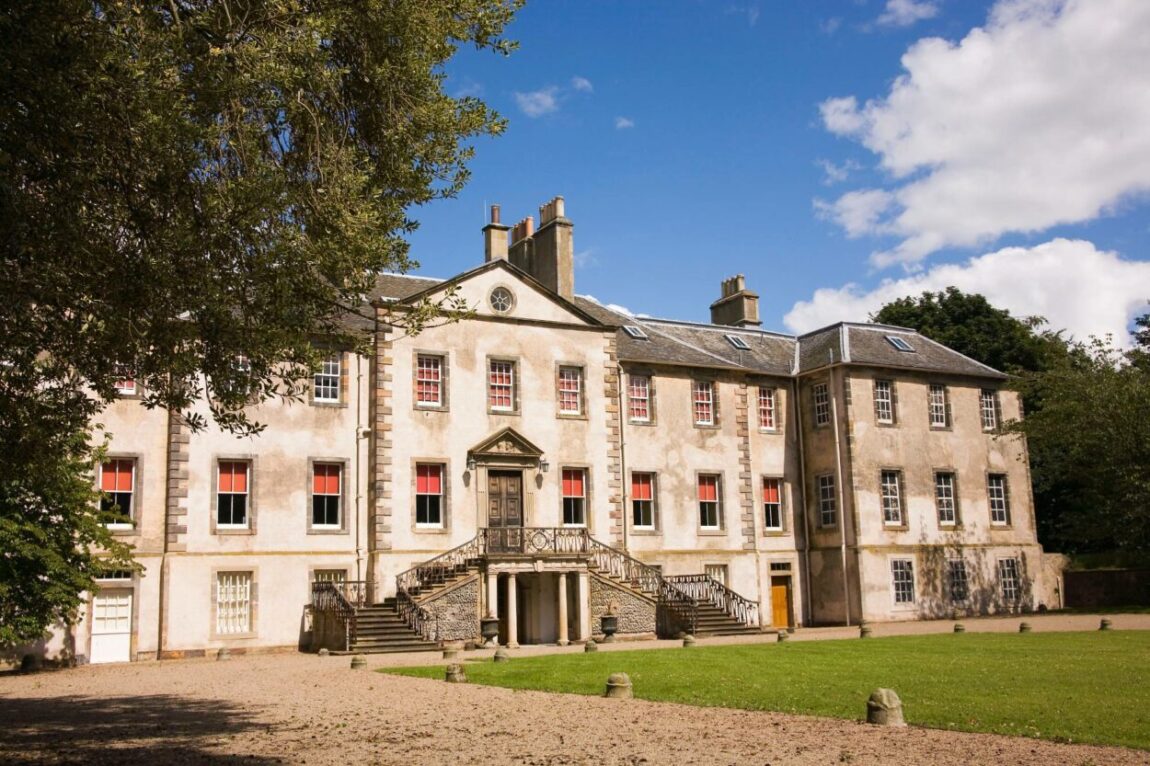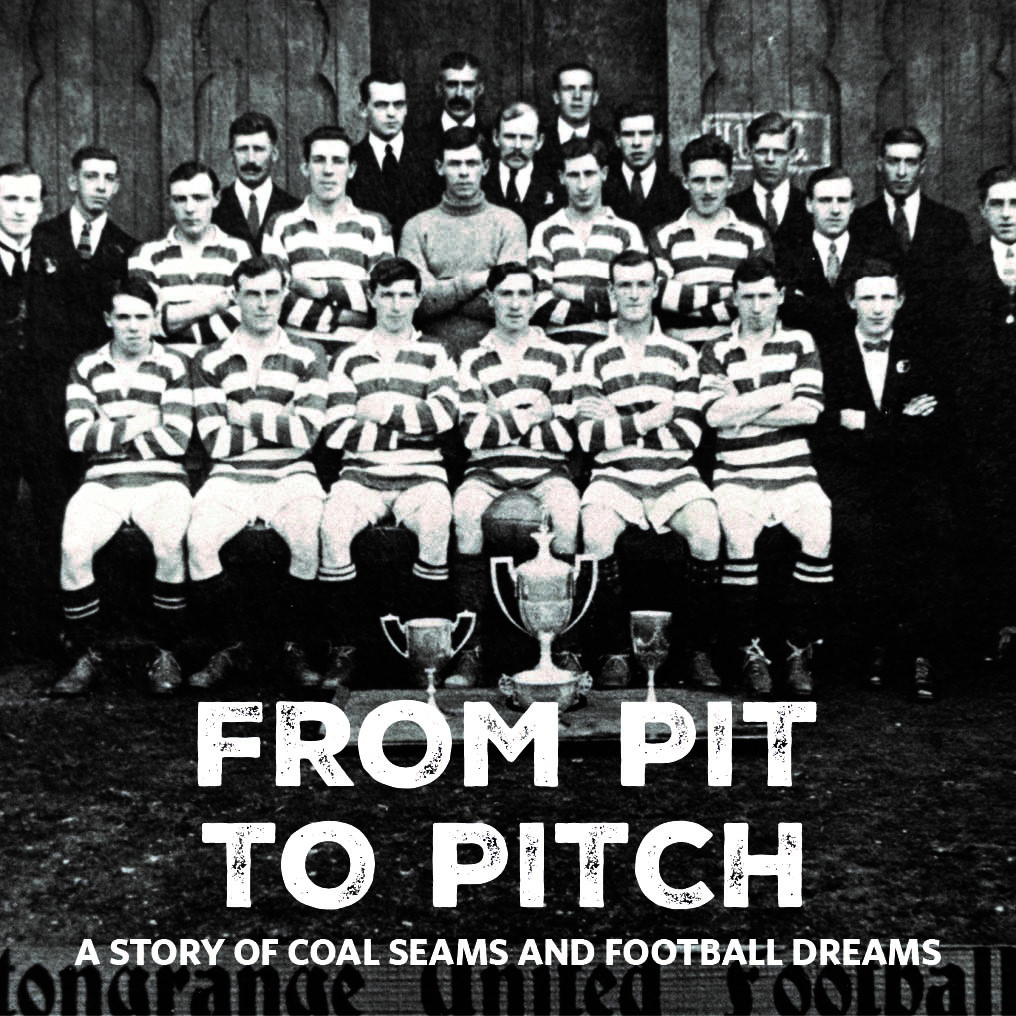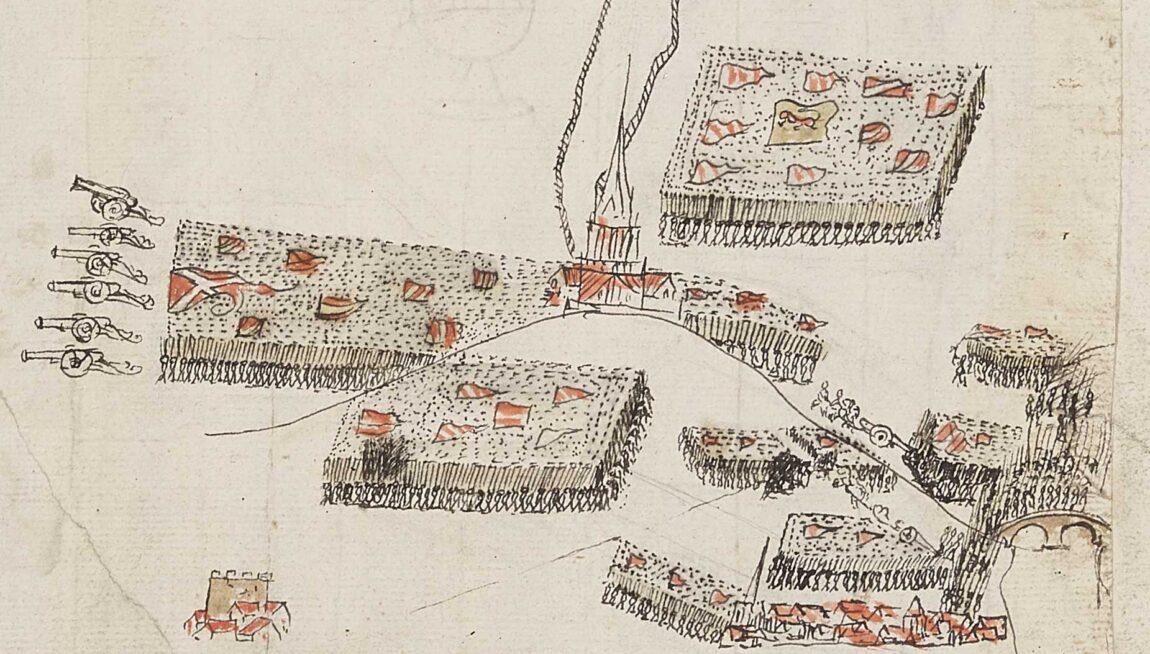The next EVT Zoom talk will be on Thursday evening, 5th of February Starting at 7.30pm
Diane Martin will talk about: The Story of Newhailes House
Diane has been at Newhailes for seven years and will tell the story of the house and estate, taking you through seven generations of the family who once owned Newhailes – what each one did to create the house and estate we see today.
With a degree in Medieval European History Diane has done extensive research on the site, house, and family. Her contributions to the guidebook, newsletters, and social media (as well as internal projects) inform the regular and specialised tours of the house.
The talk is open to everyone and is free.
To register for this Zoom talk just click on the Zoom link here, enter your email address and you will be sent a Zoom link to join the talk:
Back to News






